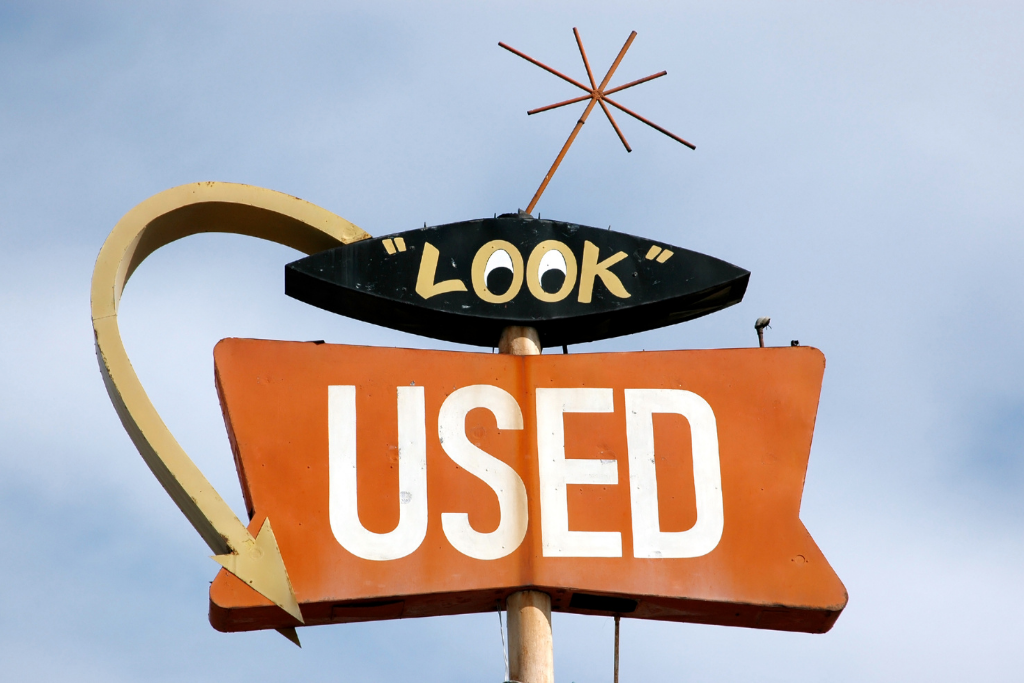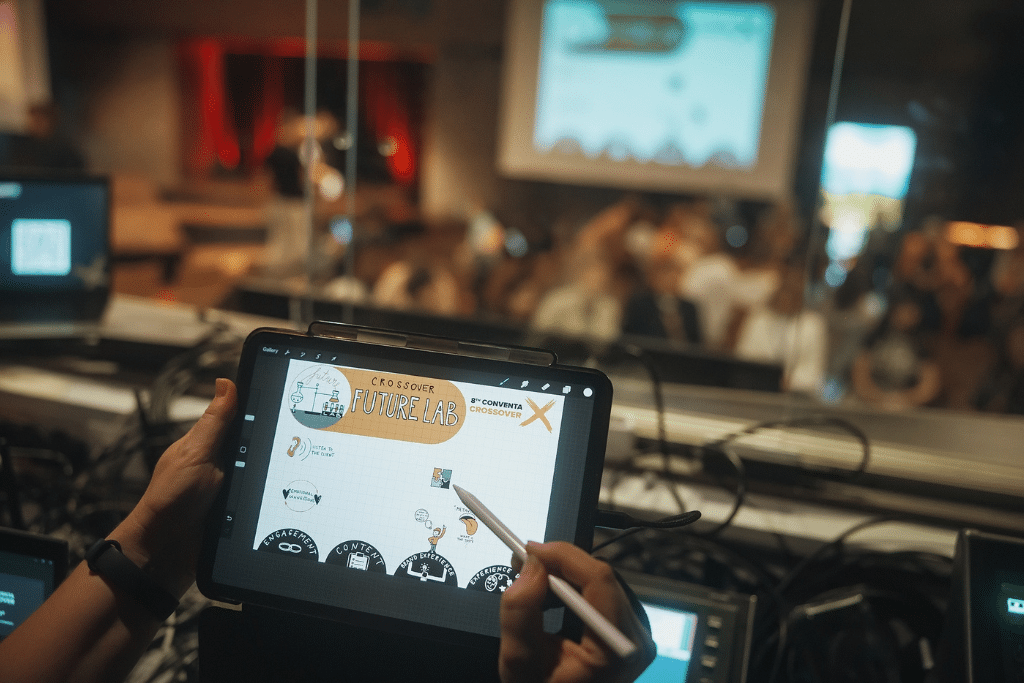Opportunism in our industry
We recently helped prepare a highly complex offer for a scientific congress. To our disbelief, a respected member of the organising committee duped us. Although we did not review whether he is still the alpha and omega in the sector, he used to be one of its most noticeable members. We trusted that he was still a key player. Our agency put in over 50 hours for the offer and thus revealed both our know-how and business model. Even our trusted partners and suppliers we have trustworthy business relationships with helped prepare the rider. The realisation they had deceived us dawned on us after receiving their reply that they had selected a different event agency and, worse still, a different location – one we had suggested in the first place but they rejected. The deal was struck in advance. They used our agency to survey our prices and business model. Swiftly, a sobering thought replaced our disappointment and made us forget the entire experience. Yet, we decided we would publicly discuss such situations in the future.

| Marketing management | Marketing relationships |
| Action | Interaction |
| Manipulation | Communication |
| Independence of stakeholders | Dependence of stakeholders |
| Competitiveness | Cooperativeness |
| Size | Network |
| Distrust | Trust |
| Convincing | Adapting |
| Emphasis on rationality | Emphasis on intuition |
| Power | Reciprocity |
It takes ages for such paradigms to trickle down to our industry. In reality, I could not sum up the zeitgeist in our industry in 2024 better than that.
The Cambridge Dictionary defines opportunism as behaviour in which someone uses every situation to try to get power or an advantage. It is closely associated with the traits of being calculative and adaptive. I believe it is the aptest word to describe the current state of the market. Alas, our industry is predominantly transactional and rarely based on long-term partnerships.
The Slovenian Advertising Chamber wrote the ten golden rules for selecting marketing agencies in 2007. Still today, they are guidelines ne plus ultra when finding the right event agency. Here is what they wrote:
- Collect all necessary data.
- Invite three event agencies to the bid.
- Prepare a brief for the content work.
- Set deadlines.
- Set a financial compensation.
- Ensure access to all necessary data.
- Ensure objectivity in the selection process.
- Arrange the formalities before making the final decision.
- Make the final decision about the winner in the shortest possible time.
- Duly notify the event agencies about the results.

Recognise the signs
Both associations emphasise that the terms and conditions of cooperation should be written precisely and in detail, including the terms for repaying services and a commission system. The most problematic aspect of bids is that the agencies that do not win are not compensated for the time and effort they put into preparing the bid. Furthermore, the client can join and use the ideas of multiple agencies without any additional costs.
There are additional signs your client only wishes to profit from your agency:
- The first sign that raises eyebrows is when there is a very early deadline to submit the bid. In such cases, I suggest you urge the client to have a meeting where they must explain why they set the deadline so early. Alternatively, focus on establishing long-term partnerships with other clients.
- The second sign that should ring alarms is when creative copyright ideas are not respected. Credible and transparent clients precisely identify this part in the brief and will offer you an NDA for respecting copyright without hesitation.
- The third sign you should look out for is when a client does not wish to meet for a brief introductory meeting before you submit the bid. Something is amiss if they cannot take half an hour for a meeting in a time dominated by online meetings.
- Fourthly, be wary of clients who constantly send out inquiries. If you have not organised events for them in the past, you likely won’t in the future.
- In fifth place, you should consider situations that reek of market research. Many clients only wish to gather ideas from creative agencies. Isn’t it great to have ten ideas you can then merge into one?
- The sixth sign you should start panicking is when the only criteria for selecting an agency is the lowest bid. The reason may be that a client wishes to lower the price offered by an agency they had already selected. Your agency happens to be an apt scapegoat for dumping.
- Another sign to abort the mission is when you do not receive all the necessary information. That means a rival agency has an unfair advantage, with direct access to vital information.
- The final sign to reject cooperation is when a client’s bid is insufficient. Event organisers can recognise an amateur inquiry from a mile away. Usually, you can spot this by seeing the poorly set KPIs of an event.

The Wild West
Because I am a vociferous advocate of sustainability, I find it unbelievable that agencies do not know how to highlight sustainable aspects. Sustainability can be environmental, societal or governance-related. We have been focusing tremendously on the last two, but we still do not know how to share the fact that unpaid work event agencies do for preparing bids is, in fact, exploitation and unacceptable practice. We should begin acknowledging agency exploitation in the same way as child labour exploitation.
Clients do not exploit event agencies based on conspiracy theories but because we let them exploit us. We always congratulate our rivals for winning without a hint of envy when they have won a fair fight. Yet, when there is a misuse of trust, we come to a slippery slope that is neither regulated nor lawfully defined, at least in our country.
Ultimately, each event agency must decide which bids they should compete for. In any case, we can learn most from our marketing colleagues who learned from their lessons decades ago. Our present industry is far from ideal, resembling the Wild West more than anything else.
Further reading:














